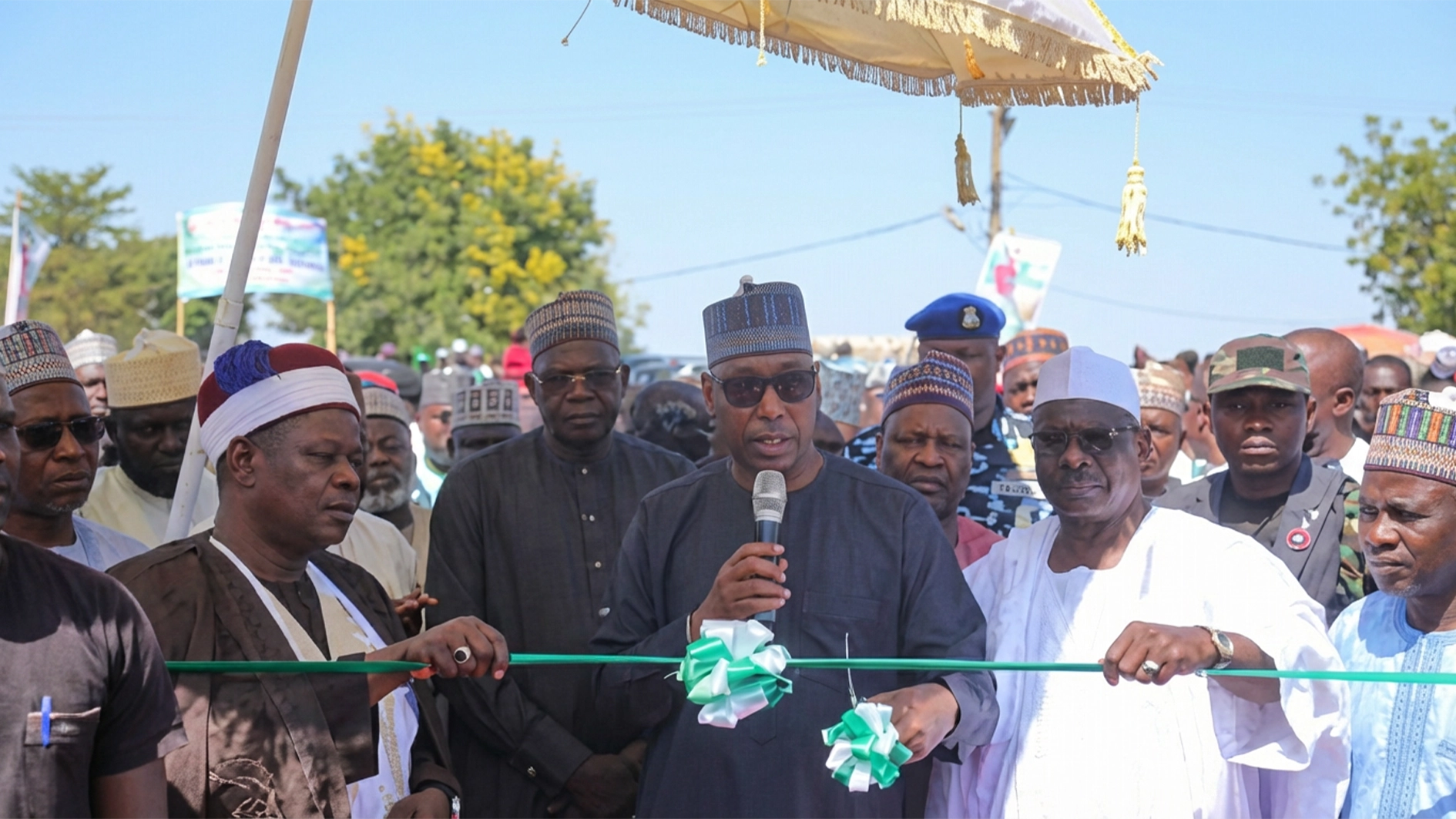Professor of Accounting and Taxation at the Michael Okpara University of Agriculture Umudike (MOUAU), Abia State, Professor John Uzoma Ihendinihu has stated that there was entropy of injustice in the country’s tax system that negatively impacted assessment and payment of taxes, which made the rich, who ought to pay more, to rather pay less than the less-rich.
He defined Tax Injustice as “the systemic inequities within a tax system that lead to disproportionate tax burdens, often disadvantaging certain groups while favouring others,” stating that it arises due to loopholes, regressive tax structures, tax evasion, and avoidance mechanisms that allow high-income individuals and multinational corporations to reduce their tax liabilities unfairly.
He therefore urged that this scenario be addressed so that eligible taxpayers, both corporate and individuals, rich and poor, should be rationally and equitably assessed to determine their correct tax liabilities.
The professor, who spoke while presenting the university’s 62nd Inaugural Lecture of the University on the topic, *“Entropy of Injustice: A Derivative of Thermodynamics in Tax Administration”*, recommended what he called for the institutionalisation of tax reforms as a major solution to this tax injustice.
He expressed optimism that the recently enacted National Tax Act, that will come into effect in January 2026, will impact positively if the provisions are fully and accordingly implemented.
In his lecture, he discussed how the principles of thermodynamics metaphorically illuminate the realities of tax administration, bearing in mind that every call against injustice is a clarion call for justice.
He said: “This paper provides insights into the forces that drive fiscal entropy and, more importantly, the mechanisms through which justice, transparency, and accountability can restore our tax systems,” holding that in Nigeria, tax entropy has progressively worsened due to overlapping tax structures, corrupt practices, and inefficient revenue collection mechanisms that lead to suboptimal national development outcomes.
Prof. Ihendinihu cited six dimensions on Tax Injustice, namely: regressive system, tax evasion and avoidance, illicit financial flows and offshore tax havens, unequal tax enforcement, multiplicity of taxation, and unequal tax burden distribution.
Expatiating the Unequal Tax Burden Distribution which he stated obtains in Nigeria, especially in the context of VAT, he said that currently VAT is collected federally and distributed according to an allocation formula with 15% to FG, 50% to states, and 35% to the Local Councils.
According to the Inaugural Lecturer, some southern states have pushed for states to retain VAT generated from within their jurisdiction instead of pooling it nationally for distribution, which would imply that states retain 100% of VAT generated.
Pointing out that hence Tax Entropy and Tax Injustice undermine revenue generation and economic development in Nigeria, addressing this scenario should require well-structured policy interventions.
He consequently put forward some policy actions with implementable approaches for improving tax administration, fostering compliance, and reducing inefficiencies that arose from tax entropy and injustices in Nigeria.
He also advocated for the harmonization of tax overlaps he stated that Nigeria suffers, which, according to him, range from complexity, multiple taxation, and responsibilities between Federal, State and Councils.
He noted that the new Tax Law that was signed into law on June 26, 2025, will take effect from January 2026, asserting that the year 2026 represents a significant and commendable stride toward comprehensive tax reform in Nigeria.
He therefore posited that moving forward, before the 2026 national fiscal year, it is essential to plan to translate these reforms from policy proposals into practical outcomes, including immediate and coordinated implementation by stakeholders, stressing that doing this is very critical.
In his remarks, the Vice Chancellor, Professor Maduebibisi Ofo Iwe, who presided over the session, commended the Federal Government for painstakingly enacting the new National Tax Act that is to take effect from 2026, expressing optimism that its successful implementation will address all hitherto nagging issues that hindered effective tax administration in the country.
Commenting on the inaugural lecture and the new Tax Law, the immediate past two-term member of the House of Representatives for Ikwuano/Umuahia (Abia State), Chief Sam Onuigbo, commended President Bola Tinubu’s government for giving Nigeria a new workable National Tax Law, describing Professor Ihendinihu’s lecture as apt and incisive, coming not long after the new National Tax Law was enacted.






